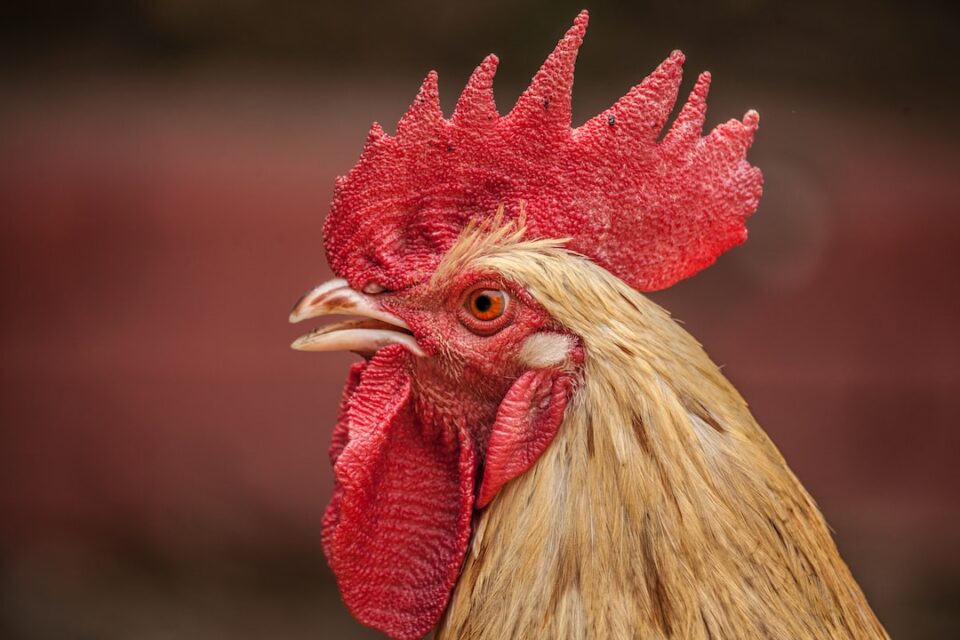Animal Rights: Should They Have Legal Protection?
Introduction
In recent years, the topic of animal rights has gained immense attention and sparked heated debates worldwide. While many people argue that animals deserve legal protection, others believe that human interests should take precedence. This blog post aims to explore the reasons why animals should have legal protection and delve into the implications of granting them rights.
Understanding Animal Rights
Animal rights refer to the idea that animals deserve to live free from exploitation, cruelty, and unnecessary suffering. Advocates for animal rights argue that animals possess inherent value and should not be treated as mere commodities or property. They believe that animals, like humans, have the right to life, liberty, and well-being.
Reasons for Legal Protection
1. Sentience: Science has demonstrated that animals, particularly mammals and birds, can experience emotions, feel pain, and have cognitive abilities. Their capacity to suffer and experience joy suggests that their interests should be considered. By granting legal protection, society acknowledges their sentience and ensures that their welfare is safeguarded.
2. Prevention of Cruelty: Legal protection for animals serves as a deterrent against acts of cruelty and abuse. It sets boundaries for acceptable treatment and holds individuals accountable for their actions. Such protection ensures that animals are not subjected to unnecessary harm, negligence, or torture.
3. Conservation: Many animal species are facing extinction due to human activities such as habitat destruction, poaching, and climate change. Granting animals legal protection strengthens conservation efforts by providing legal frameworks to preserve endangered species and their habitats.
4. Ethical Considerations: Recognizing animal rights reflects our moral responsibilities towards non-human beings. It reflects our capacity for empathy and demonstrates a commitment to fairness and justice, irrespective of the species. Upholding animal rights contributes to a more compassionate and ethical society.
Implications of Animal Rights
1. Economic Impact: Some argue that granting animals legal protection may stifle economic activities such as hunting, farming, and animal testing. However, this viewpoint fails to acknowledge the potential economic benefits derived from alternative industries, such as eco-tourism or cruelty-free product development.
2. Balancing Human and Animal Interests: Critics of animal rights argue that prioritizing animal rights ignores pressing human needs and concerns. It is essential to strike a balance between human and animal interests by advocating for species-specific rights and ensuring that human livelihoods and necessities are not disproportionately impacted.
3. Legal Complexity: Establishing a comprehensive legal framework for animal rights may pose challenges. Defining the scope of animal rights, setting adequate standards for animal welfare, and enforcing regulations consistently can present legal complexities. Implementation requires careful consideration of cultural, social, and economic factors, taking into account different perspectives.
Conclusion
The question of whether animals should have legal protection is a complex and contentious issue. However, considering the ethical, environmental, and societal implications, it is evident that animals deserve legal protection. By recognizing their sentience and granting them rights, we uphold our responsibilities as stewards of the planet and strive towards a more harmonious coexistence between humans and animals. Striking a balance between human and animal interests is crucial, ensuring that the rights of both are respected and protected. As we continue to evolve as a society, the recognition and protection of animal rights should be an important aspect of our moral and legal framework.


